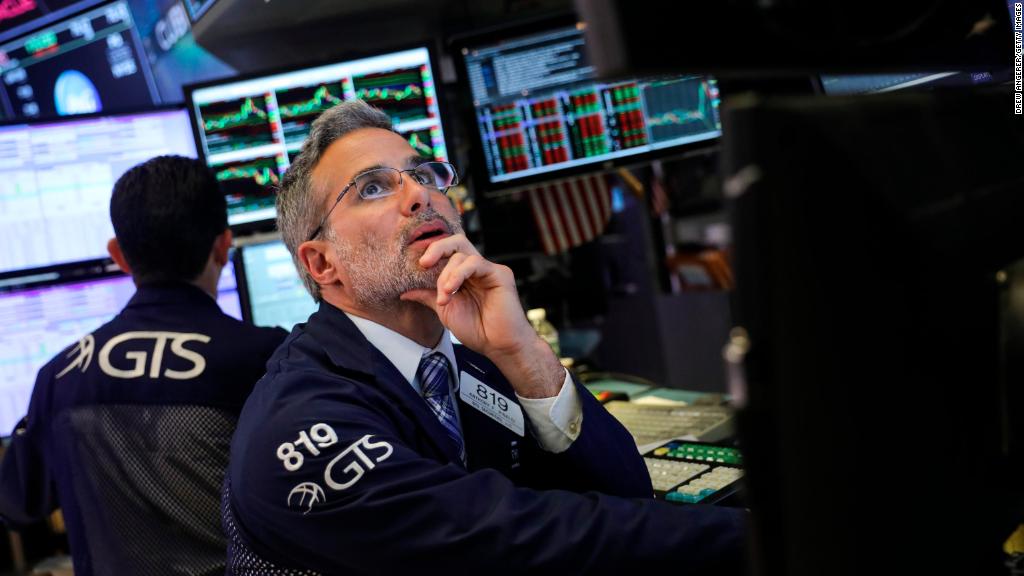
Wall Street has tried to ignore warning signs about a trade war for months. It can't any longer.
The Dow sank 287 points on Tuesday, or 1.2%. The Dow's six-day losing streak is its longest since March 2017, and the index is back in the red for the year. The S&P and the Nasdaq also fell.
On Monday evening, President Donald Trump escalated trade tensions with China. He threatened to impose tariffs on an additional $200 billion worth of Chinese goods if Beijing follows through with its promise to retaliate against a previous round of US tariffs.
"Further action must be taken to encourage China to change its unfair practices, open its market to United States goods, and accept a more balanced trade relationship with the United States," Trump said in a statement.
Peter Boockvar, chief investment officer at Bleakley Advisory Group, blasted the president's latest attempt to gain Chinese concessions. "The strategy now seems a trade war of attrition," he said in a note to clients. "The means to that end is now going off the rails."
Companies that do a lot of business in China were among the biggest losers on the Dow on Tuesday. Boeing (BA) and Caterpillar (CAT) fell more than 3% apiece.
The commodities market also took a hit from the latest tariff threat. Soybeans, which are on Beijing's list of US goods to retaliate against, fell to their lowest level in more than two years. Corn and wheat futures dropped, along with iron and rubber.
Investors sought safety in telecommunications, utilities, and other high-dividend stocks like Verizon (VZ), Procter & Gamble (PG)and Johnson & Johnson. (JNJ) Bonds became more attractive to investors. The yield on the 10-year US Treasury bond ticked down to 2.88%. Yields move opposite to price.
Related: Where to invest in a trade war
There is no end in sight to the trade fight, as both sides continue to up the ante. The Chinese Commerce Ministry responded that it would "strike back hard" with "measures that match the US move in quantity and quality."
"This is just what we predicted -- a tit-for-tat trade war has erupted and American families are caught in the middle," National Retail Federation president Matthew Shay said in a statement Monday evening. "Higher prices for everyday essentials and lost jobs threaten to sap the energy out of the strong US economy."
White House trade adviser Peter Navarro sought to tamp down investors' worries on Tuesday. He argued that the dispute will have "relatively small effects."
But investors weren't listening. The VIX, Wall Street's so-called fear gauge, spiked 14% and CNNMoney's Fear & Greed Index, a measure of market sentiment, shifted from "Greed" to "Neutral" territory.
—CNN's Betsy Klein contributed to this story.


